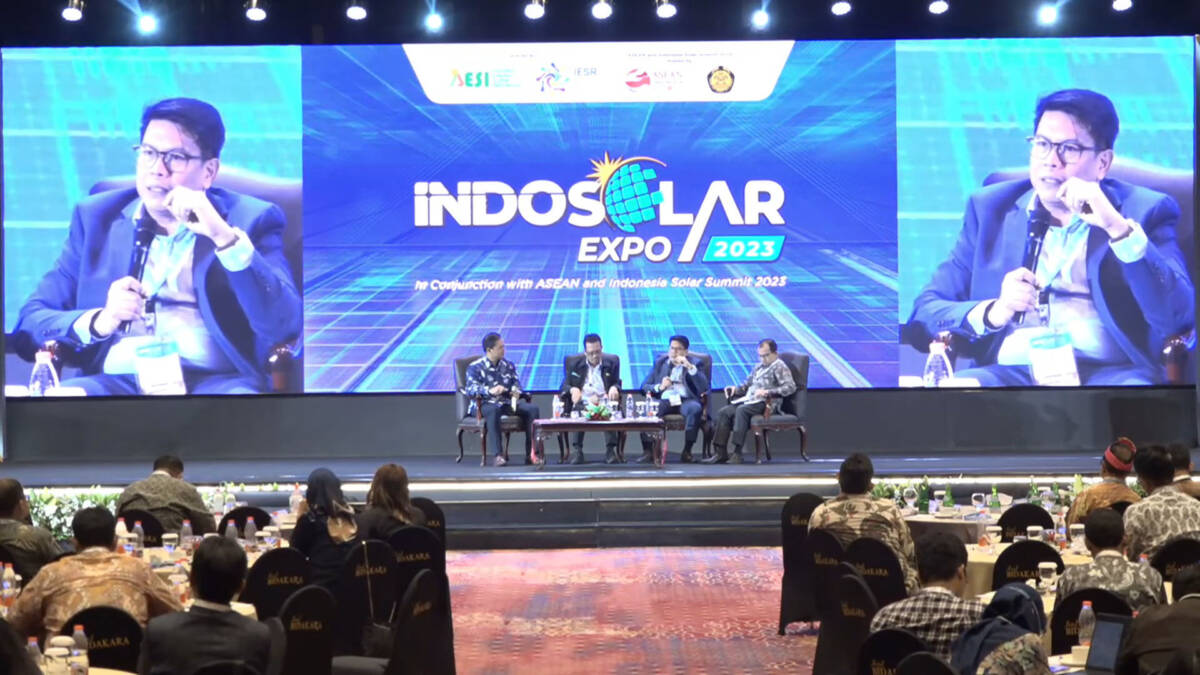Jakarta, July 26, 2023 - Indonesia's swift progress in the energy transition hinges upon the nation's ability to cultivate a robust domestic solar energy industry. This imperative message was conveyed by Fabby Tumiwa, the Executive Director of the Institute for Essential Services Reform (IESR), during a compelling discussion at the Indonesia Solar Summit 2023 (26/07).…

